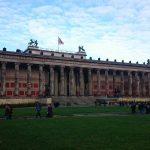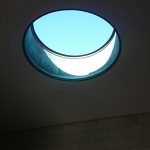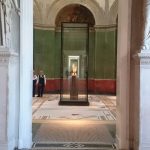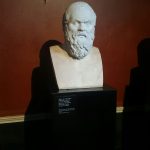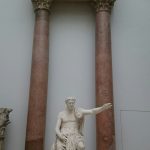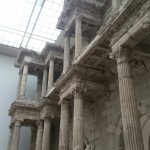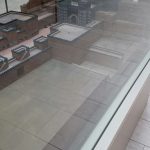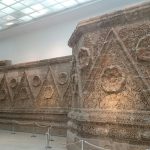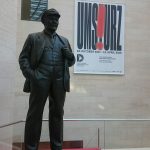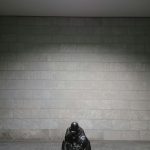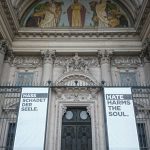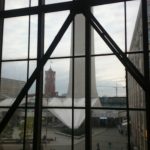It was indeed a great book. Beautifully written. The story revolves around the life of Shevek, an inhabitant of the world of Anarres. The central premise is that Anarres is a world where anarchism is the predominant political system, founded by individuals who splintered away from the neighbouring world of Urras many years ago to start a different society. The life and travels of Shevek serve as the vessel for contrasting full-blown anarchism with full-blown capitalism, as he visits and explores the country of A-Io on Urras. A-Io is patriarchy and individualism dialled up to 11. The book provides many moments of point and counterpoint on the merits and dismerits of individualism and communalism when both go to their extremes.
Kind: Articles
So Day 2 was hack day, where each person worked on a problem that tickled their fancy. At the start of the day we did a brief go-round, with everyone giving a short outline of what they planned to work on. A good idea to do this, in case there was any overlap or someone willing to help with a particular problem.
After that, we got cracking (well, hacking.)
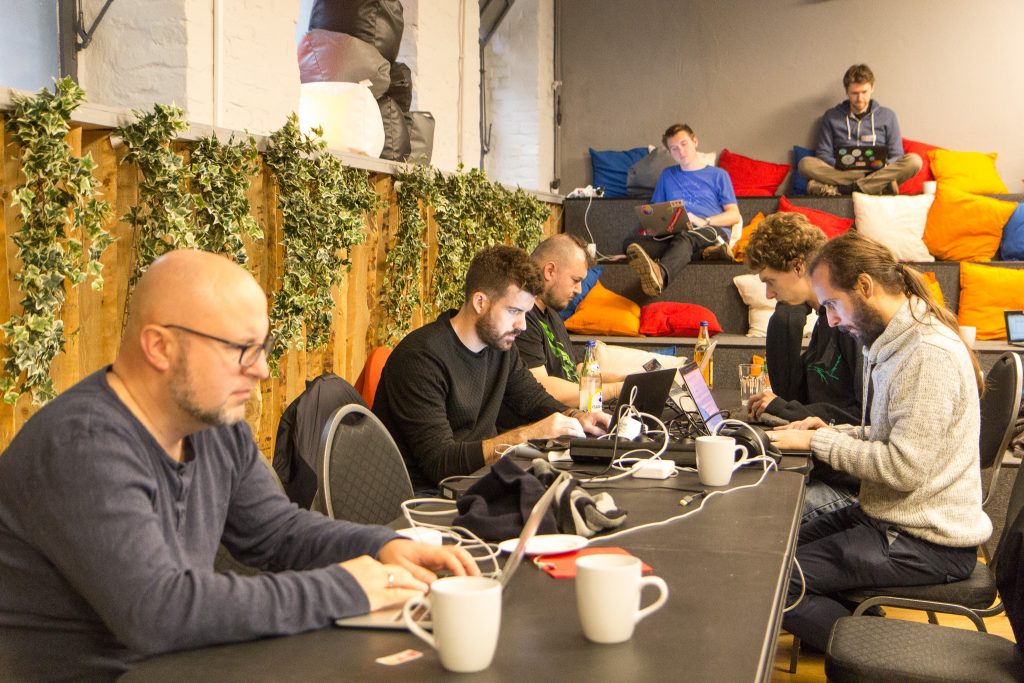
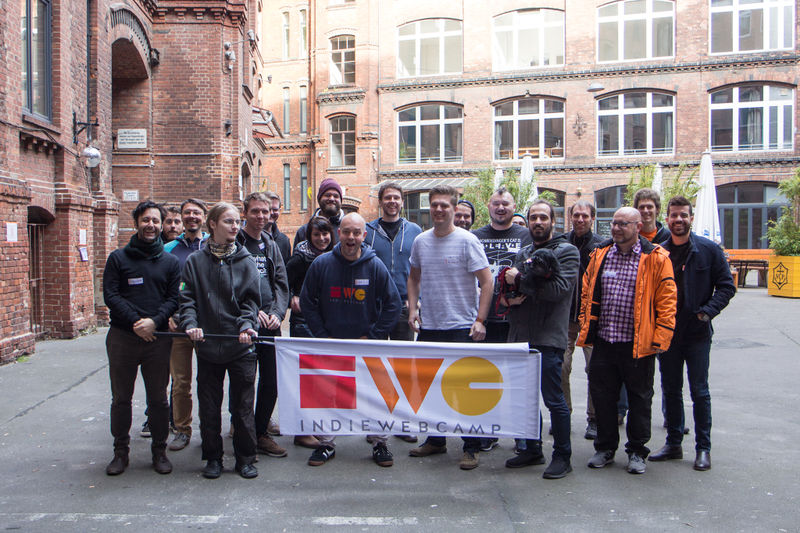
In brief, the indieweb movement is about reclaiming your identity and your data back from the corporatised web. It advocates having your own website, where you blog, microblog, post images, add check-ins, etc – and crucially, interact with others – all the things you might currently do across multiple silo’ed platforms owned by the big digital corporations, but here originating from a site under your own control.
—-
The play tells the story of Galileo as he faces opprobrium from the church, for his inconveniently heretical observation that the Earth is not in fact the centre of the universe.
It’s a story of science vs religion, change vs status quo, goals vs family, poor vs wealthy, truth vs dogma.
We see Galileo doggedly pursue his arguments in the face of adversity. By no means a perfect man, he neverless has great strength and courage of conviction in the importance of observational truth over blind faith. This brings him under the harsh glare of the Catholic church, whom are served very well by the current
view of the world and do not appreciate his attempts at change.
For me personally, the relevance of the themes to the modern day were more political than scientific. With minor fluctuations, science is no longer frowned upon, and it is religion that must keep apace with progress. Galileo’s story of fighting against an entrenched system felt allegorical to the modern day struggles in pursuing an alternative to capitalism and neoliberalism. With the current system so much of a mass hallucination that “it’s easier to imagine the end of the world than the end of capitalism“, and with mighty vested interests wanting to keep it that way, there are many parallels to the 17th century’s cabal of high priests insisting (with pointed implements) that it is the Sun that moves around the Earth, and that’s just the way it is.
The church does control with some strong-arming, but also, and more cleverly, utilises a stronger and more insidiuous tactic – that of indulging a certain safe level of tinkering around the edges of the system. Just as neoliberalism allows containable protests and manageable dissent, the church allows the illusion of science, just so long as it doesn’t place itself before the dominance of God. Galileo plays the system and sows the seeds to bring, if not revolution, at least change. But this is not without inviting tragedy to himself and those around him, and ultimately, arguably, not directing the matters that are most important – like the oppression of the people.
Overall the play speaks to the importance of doing that which seems demonstrably right, and suffering the consequences as best you can, even if revolution may appear a long way away.
—-
Despite the presence of these weighty themes, the play stays light, entertaining, and thoroughly engaging, with many a laugh out loud moment. The acting and staging are both superb. The play is not only in the round, affording every punter an equal view, but some seats are also in the play, adding to the fun and immersion. Brendan Sewell gives a real powerhouse performance, full of energy and gravitas and also wit, with all of the cast superb. Throw in beautiful lighting, puppetry and a planetarium style projection of the heavens, and you stay enraptured for the almost 3 hour long performance.
http://www.ippr.org/publications/definancialisation-a-democratic-reformation-of-finance
“One of the most worrying long-term consequences of financialisation is the reduction in the capacity of democratic states to meet the demands of their citizens over the demands imposed on them by financial and corporate institutions, institutions which are increasingly free from the responsibilities that were imposed upon them by confident social democracies in the middle of the last century.”
http://www.ippr.org/publications/definancialisation-a-democratic-reformation-of-finance










